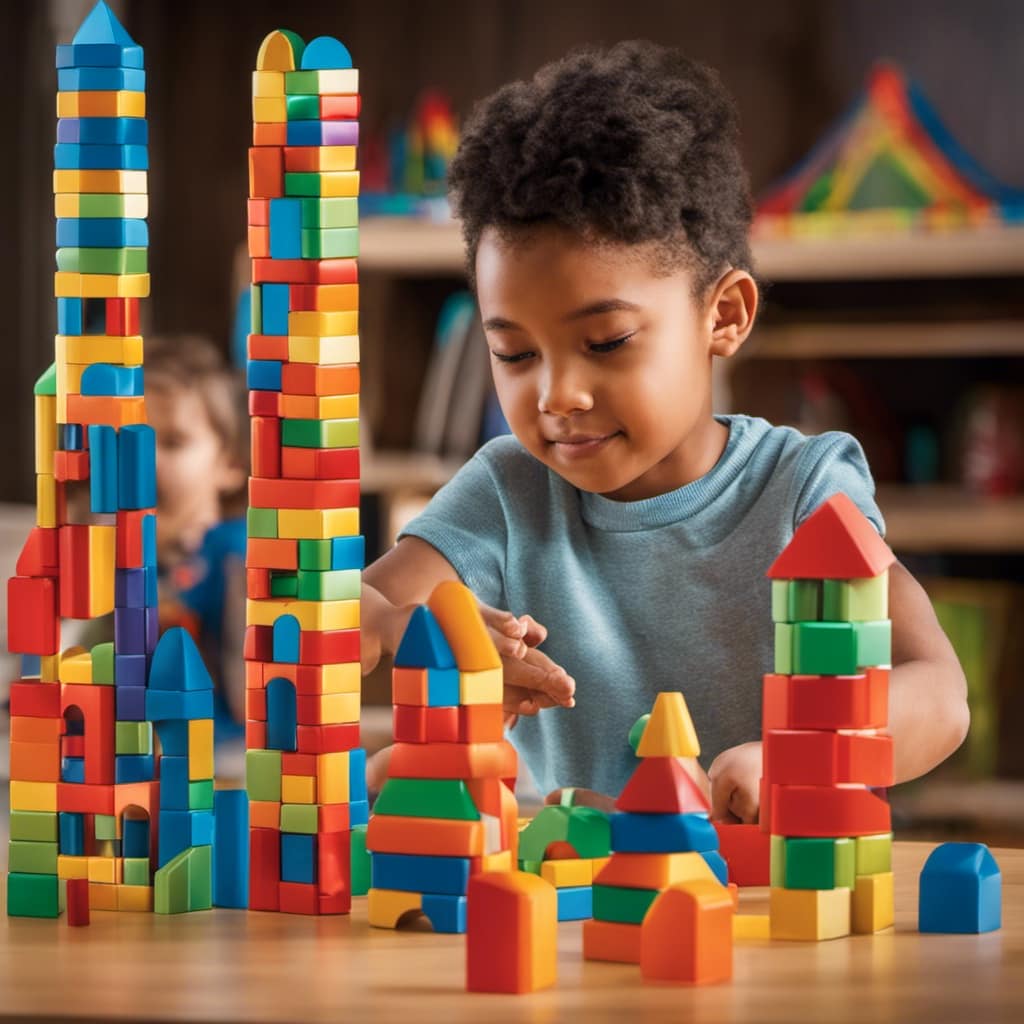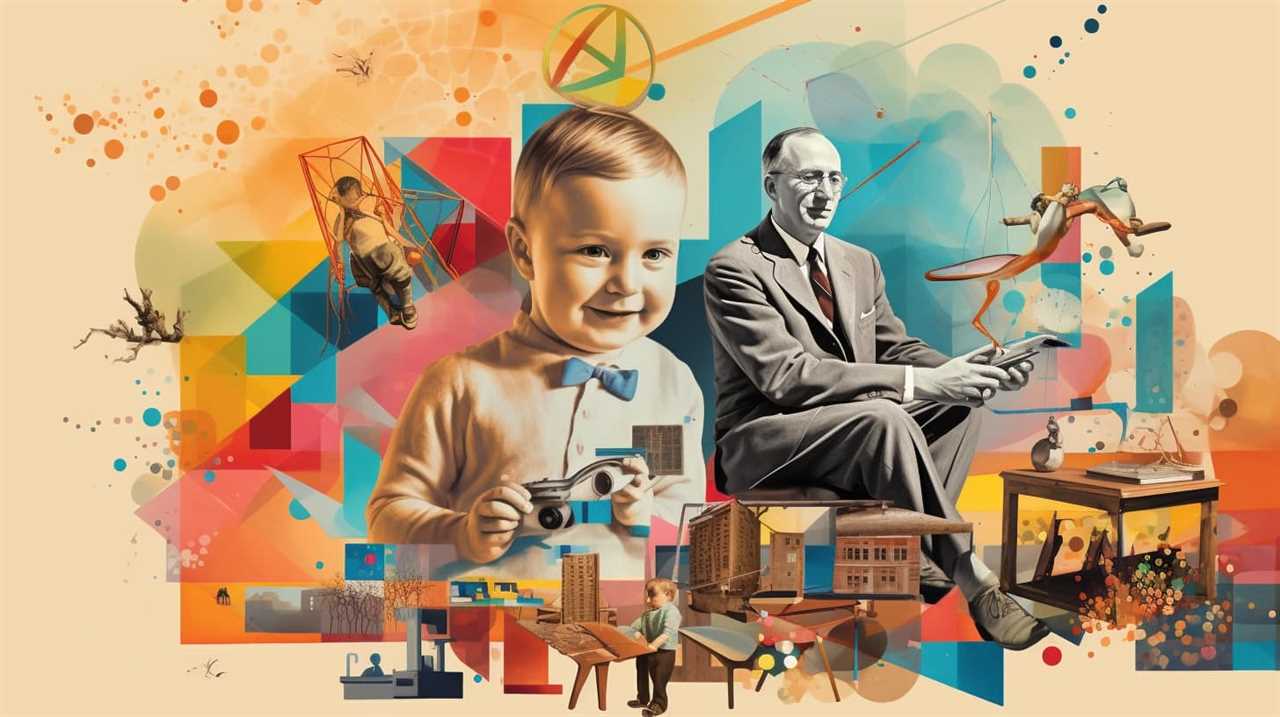As a writer delving into the intricate world of child development, I am interested in exploring the impact of family structure on this crucial growth process.
In this article, I will uncover the various dynamics and influences that shape a child’s development within different family structures.
From single-parent families to nuclear families, blended families to extended family dynamics, I will examine how these factors can affect a child’s emotional well-being, academic achievement, and overall growth.
By understanding these influences, we can better support and nurture children in their journey towards a healthy and thriving future.
Key Takeaways
- Single-parent families can have negative impacts on child development, including emotional and behavioral difficulties, lower academic achievement, increased risk of substance abuse, limited financial resources, and reduced parental involvement.
- Extended family members, such as grandparents, aunts, and uncles, play an important role in providing additional support, guidance, and stability in single-parent families.
- Nuclear families provide a stable and supportive environment for child development, leading to better social skills, higher self-esteem, and stronger emotional bonds with parents.
- Nuclear family dynamics have a significant impact on child development, shaping understanding of social norms, language development, interpersonal skills, and overall behavior.
The Influence of Single-Parent Families on Child Development
I’ve noticed that single-parent families can have a significant impact on a child’s development. This includes emotional and behavioral difficulties, lower academic achievement, and an increased risk of substance abuse.
In single-parent households, children may face emotional challenges due to the absence of one parent or limited parental support. This can lead to feelings of loneliness, insecurity, and a lack of stability.
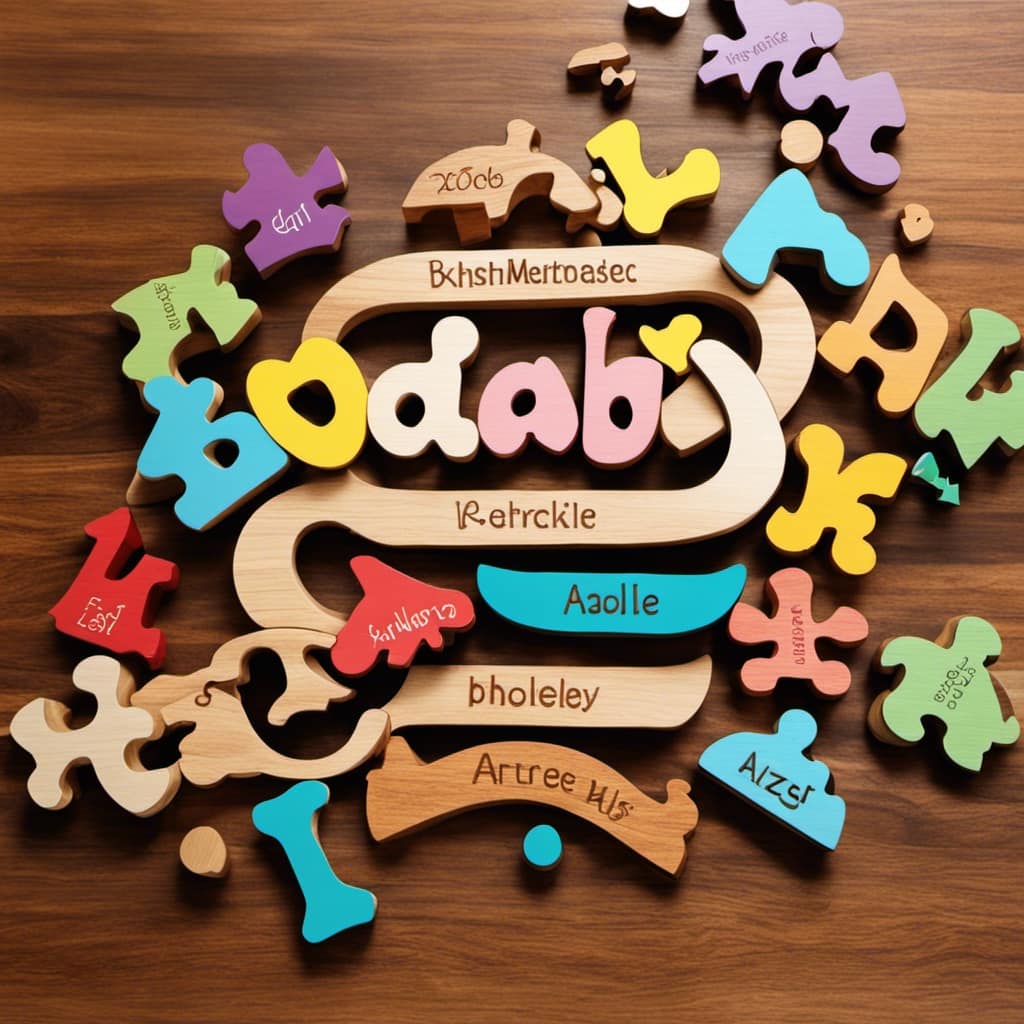
Additionally, financial struggles in single-parent households can further exacerbate these emotional challenges. Limited resources may result in increased stress and difficulty meeting basic needs. The financial strain can also impact a child’s access to educational opportunities and extracurricular activities, potentially leading to lower academic achievement.
It is important to recognize these challenges and provide support systems for both the single parent and the child to help mitigate the negative effects on their development.
The Role of Extended Family in Single-Parent Families
My aunt and uncle provide additional support and guidance in my single-parent family, which contributes to stability and well-being. They play a pivotal role in enhancing resilience and well-being in single-parent families. Here is how extended family support can make a difference:
-
Emotional support: My aunt and uncle offer a listening ear, understanding, and empathy, which helps me navigate the challenges of single parenting.
-
Practical assistance: They lend a helping hand with childcare, household chores, and errands, easing the burden and allowing me to focus on my responsibilities.
-
Intergenerational connections: My grandparents, who are also part of our extended family, foster strong bonds with me and my child. This connection provides a sense of belonging, security, and valuable life lessons.

The involvement of extended family members in single-parent families not only enhances resilience but also fosters intergenerational connections, creating a support network that enriches our lives.
The Impact of Nuclear Families on Child Development
Growing up in a nuclear family provided me with a stable and supportive environment, which laid a solid foundation for my socialization and emotional stability. Research suggests that nuclear families have long-term effects on child development. The impact of parental involvement in nuclear families is particularly significant. Parents in nuclear families tend to have more time and resources to invest in their children’s well-being. This increased parental involvement leads to better social skills, higher self-esteem, and stronger emotional bonds with parents. In addition, the dynamics of a nuclear family shape a child’s understanding of social norms and interpersonal relationships. Communication patterns within the family influence language development and interpersonal skills. Discipline strategies in nuclear families establish boundaries and teach appropriate behavior, contributing to a child’s future interactions with others. Overall, growing up in a nuclear family has a positive impact on child development.
| Long-term Effects of Nuclear Families on Child Development | Impact of Parental Involvement in Nuclear Families on Child Development |
|---|---|
| Better social skills | Increased parental involvement |
| Higher self-esteem | Stronger emotional bonds with parents |
| Shaping understanding of social norms and interpersonal relationships | Better socialization opportunities with peers |
| Influencing language development and interpersonal skills through communication patterns | Stability and resources facilitating social activities and connections |
| Establishing boundaries and teaching appropriate behavior through discipline strategies | Cultural values and norms shaping peer interactions |
The Dynamics of Nuclear Family Dynamics on Child Development
Observing and learning from my parents’ behaviors, values, and communication styles shaped my understanding of social norms and interpersonal relationships. Growing up in a nuclear family, I experienced firsthand the positive effects of these dynamics on my own development. Here are three key ways in which nuclear family dynamics can positively impact a child’s development:
-
Stable and supportive environment: Nuclear families provide a solid foundation for socialization and emotional stability. The presence of both parents offers a sense of security and consistency, fostering better social skills and higher self-esteem.
-
Stronger emotional bonds with parents: In nuclear families, children have the opportunity to form stronger emotional connections with both parents. This emotional support contributes to their overall well-being and helps them develop healthier relationships in the future.
-
Influencing language development and interpersonal skills: Communication patterns within nuclear families shape a child’s language development and interpersonal skills. By observing and learning from their parents’ communication styles, children acquire important skills such as active listening, empathy, and effective expression.

While nuclear families have their benefits, it’s important to acknowledge the challenges faced in single-parent families and their impact on child development.
The Effects of Different Family Structures on Child Development
Experiencing diverse family structures can have varying effects on a child’s overall well-being and social development.
The effects of family structure on academic achievement and emotional well-being are important to consider. Research shows that children from single-parent families may face challenges in their academic performance due to limited financial resources and reduced parental involvement. They may also experience emotional and behavioral difficulties.
On the other hand, children raised in stable nuclear families tend to have better social skills, higher self-esteem, and stronger emotional bonds with their parents.
The dynamics of blended families can impact a child’s overall development, particularly in terms of academic achievement and emotional well-being. Effective communication and building strong sibling relationships are crucial in blended families.
It is essential to recognize the influence of different family structures on a child’s development and provide support and resources accordingly.
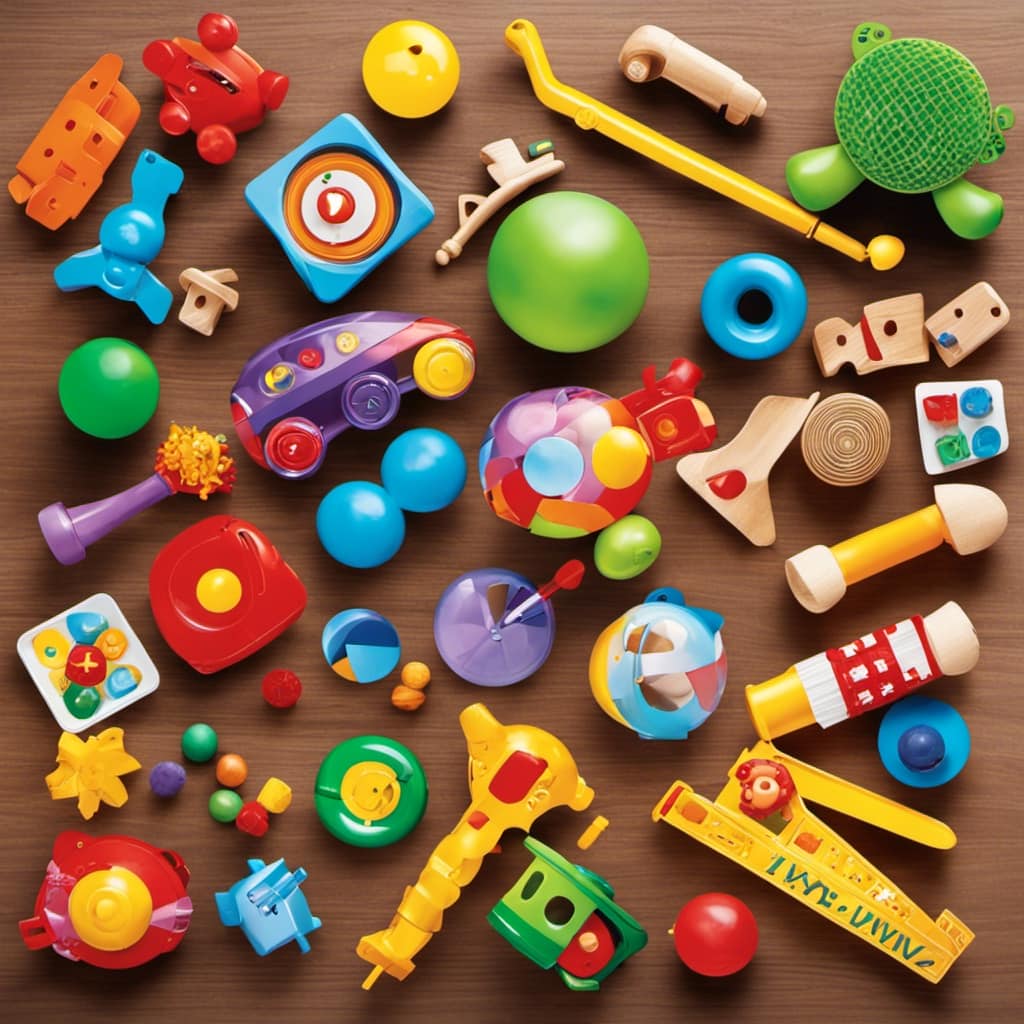
Understanding the Effects of Blended Families on Child Development
Navigating the complexities of blended families can be challenging for a child’s overall well-being and social development. It is important to understand the effects of blended families on child development in order to address any potential challenges that may arise.
Building strong sibling relationships is a key aspect of promoting healthy development in blended families.
-
Adjusting to new family dynamics: Blended families often involve the merging of two separate families, which can be a significant adjustment for children. It is important to provide support and guidance during this transition period.
-
Managing different parenting styles: Blended families may have different parenting styles, which can lead to confusion or conflict for children. Open communication and collaboration between parents can help create consistency and stability.
-
Fostering positive sibling relationships: Building strong sibling relationships is crucial in blended families. Encouraging communication, empathy, and conflict resolution skills can help siblings develop a sense of belonging and support each other’s well-being.
The Influence of Extended Family on Child Development
Growing up, I’ve always appreciated the guidance and support that my extended family has provided in shaping my overall well-being and development.
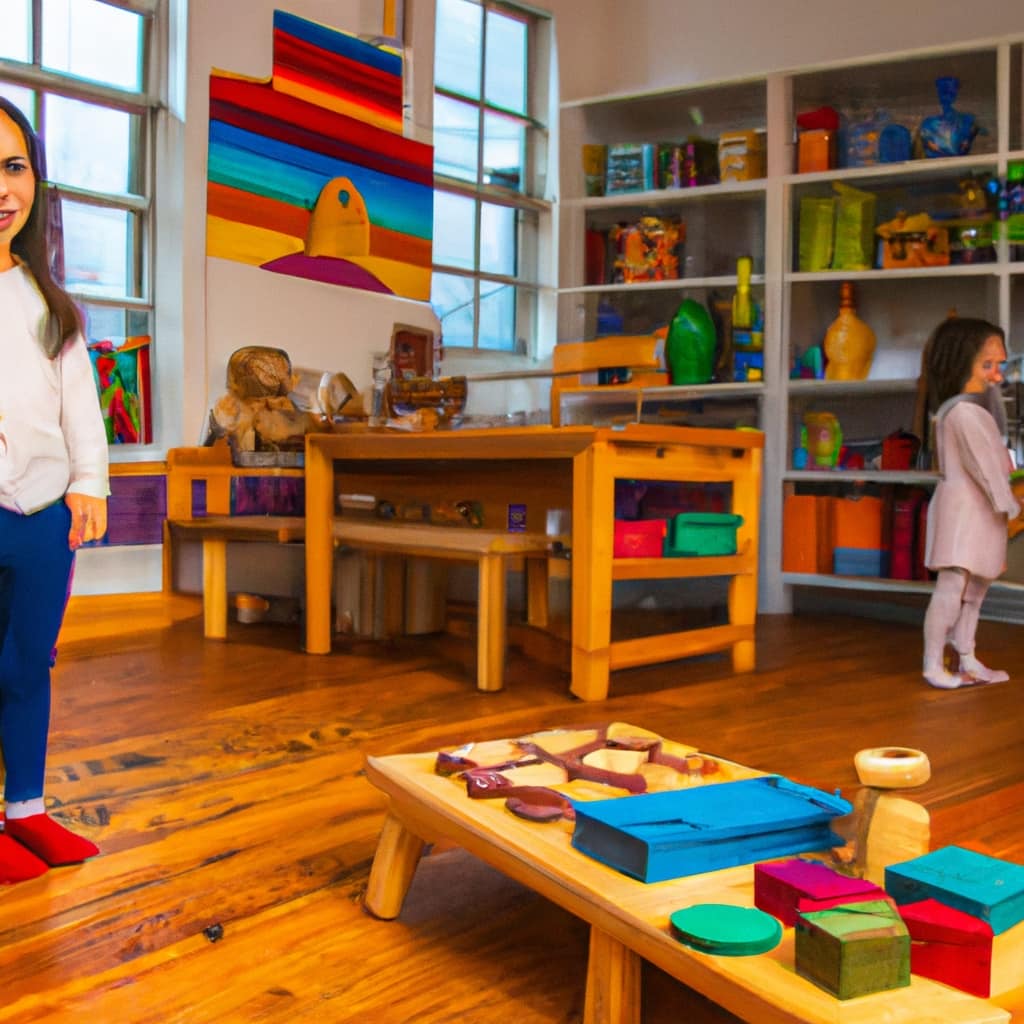
The importance of support from extended family cannot be overstated. Research shows that children who have strong relationships with their extended family members experience numerous benefits.
Extended family members, such as grandparents, aunts, and uncles, play a significant role in providing additional support, guidance, and stability. They can offer a different perspective, share wisdom, and provide emotional support.
Additionally, extended family members can help instill cultural values and norms, which have a profound impact on child development. Cultural norms shape a child’s worldview, influencing their beliefs, behaviors, and social interactions.
Examining the Effects of External Factors on Child Development
When it comes to the effects of external factors on child development, I have always been fascinated by the role of foster care in shaping a child’s overall well-being and potential for growth. Foster care can have a profound impact on a child’s development, both positive and negative.
Here are three key effects of foster care on child development:
-
Instability and disruption: Children in foster care often experience frequent moves and changes in caregivers, which can disrupt their sense of stability and security. This can lead to difficulties in forming healthy attachments and can impact their emotional well-being.
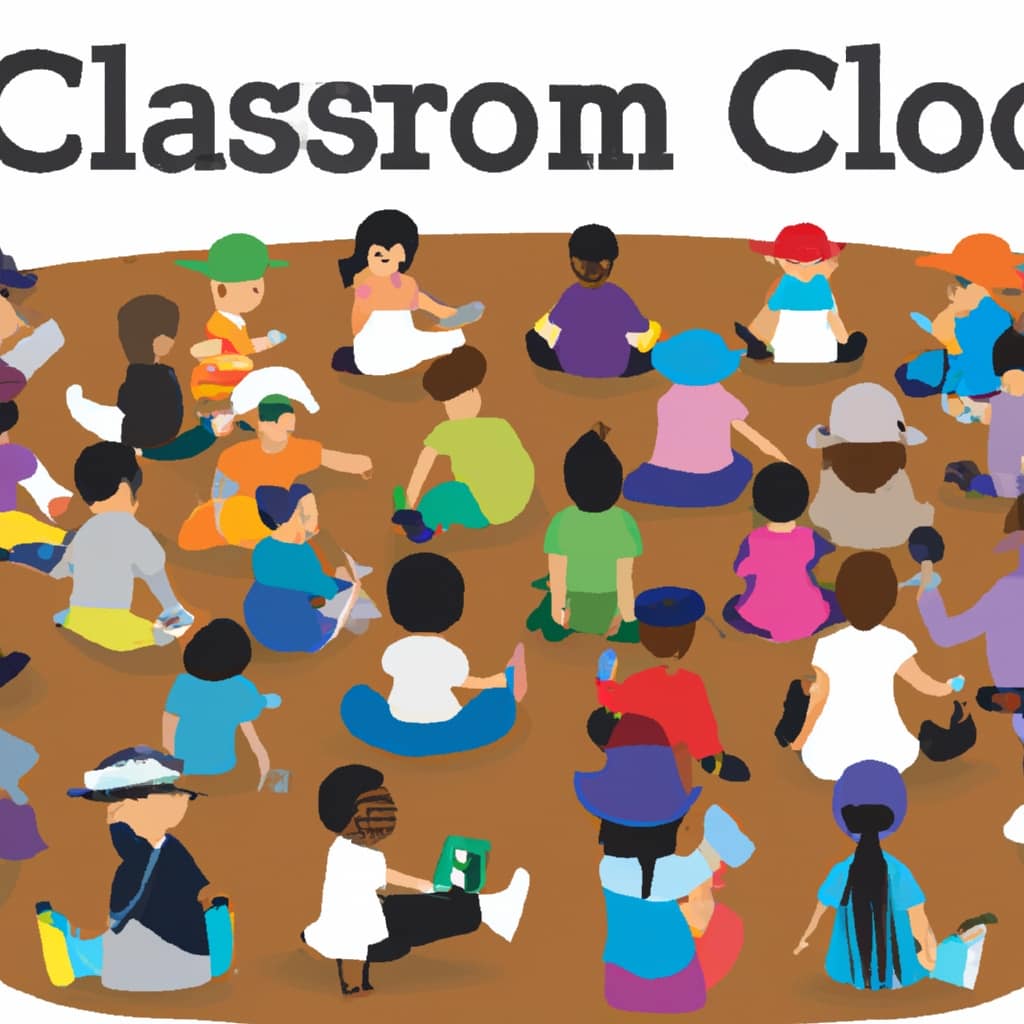
-
Potential for neglect or abuse: Unfortunately, some foster homes may not provide the nurturing and supportive environment that children need. This can result in neglect or abuse, which can have long-lasting negative effects on a child’s development.
-
Possibility for growth and resilience: Despite the challenges, research suggests that many children in foster care can thrive in stable and supportive environments. With access to consistent and loving caregivers, these children can develop resilience and overcome adversity.
In addition to foster care, it is also important to explore the effects of military families on child development. Military families face unique challenges, such as frequent moves and changes in schools due to military deployment. However, military children can develop resilience and adaptability through stability, open communication, and access to services.
Understanding the effects of these external factors is crucial for promoting healthy child development and providing appropriate support and intervention.
Frequently Asked Questions
How Does the Presence of Extended Family Members Impact Child Development in Single-Parent Families?
The presence of grandparents in single-parent families has a positive impact on the emotional well-being of children. They provide additional support, guidance, and stability, contributing to the overall development of the child.
What Are the Unique Challenges and Benefits of Growing up in a Blended Family?
Growing up in a blended family presents unique challenges and benefits. Research shows that children in blended families may face academic difficulties and emotional well-being challenges, but they also have the opportunity to build strong relationships with step-siblings and learn valuable life skills.

How Does the Dynamics Within a Nuclear Family Influence a Child’s Socialization and Interpersonal Skills?
In a nuclear family, the dynamics greatly influence a child’s socialization and interpersonal skills. Observing and learning from parents’ behaviors and communication styles shape their understanding of social norms and relationships.
What Are the Long-Term Effects of Early Childhood Trauma on a Child’s Development?
The long-term effects of early childhood trauma on a child’s development can include difficulties with emotional regulation, social relationships, and academic achievement. Appropriate support and intervention are crucial to mitigate these effects and promote healthy development.
How Does Socioeconomic Status Affect a Child’s Cognitive and Social Development?
Socioeconomic status plays a significant role in a child’s cognitive and social development. Limited resources can hinder educational attainment and social opportunities, while parental involvement and support from extended family can positively influence development.
Conclusion
In conclusion, the impact of family structure on child development is a complex and multifaceted topic. Research has shown that children from single-parent families may experience emotional and behavioral difficulties, lower academic achievement, and increased risk of substance abuse. However, having a supportive extended family can provide additional stability and guidance.
On the other hand, nuclear families can provide a strong foundation for child development, but the dynamics within these families can also have an impact. It is important to understand the effects of different family structures, such as blended families, and the role of extended family in shaping child development. Additionally, external factors like foster care, military families, and socioeconomic status can also influence a child’s development.
One interesting statistic to engage the audience is that children from single-parent households are more likely to live in poverty, with 35.6% of single-parent families experiencing poverty compared to 12.6% of married couple families. This highlights the financial challenges that single-parent families face and the potential impact on a child’s overall well-being and development.

Overall, understanding the dynamics and influences of family structure on child development is crucial for policymakers, educators, and parents in order to provide the necessary support and resources for children to thrive in any family structure.

